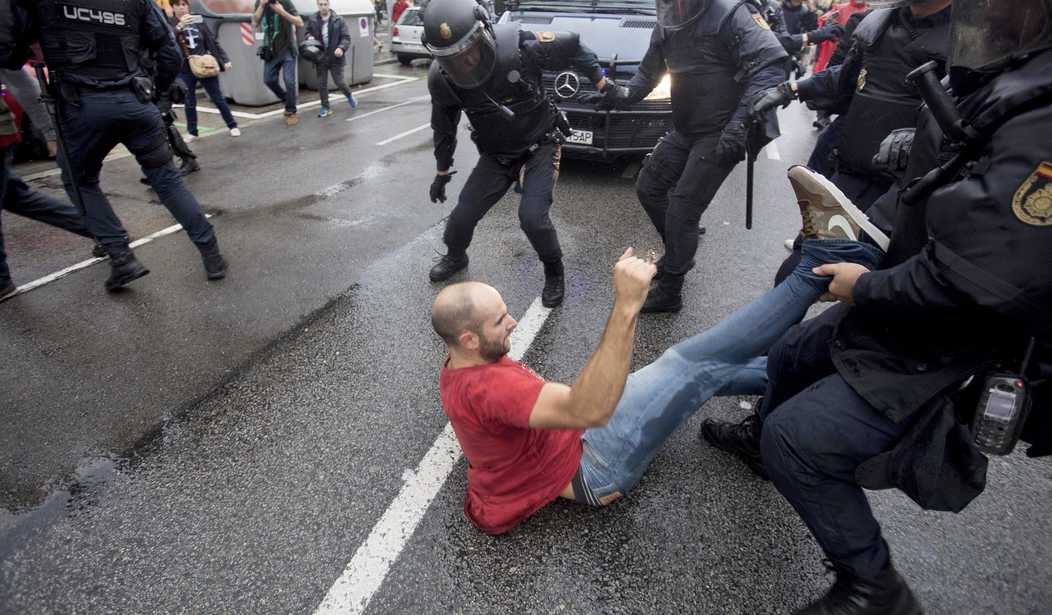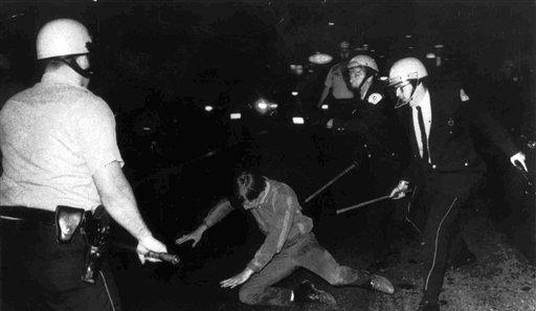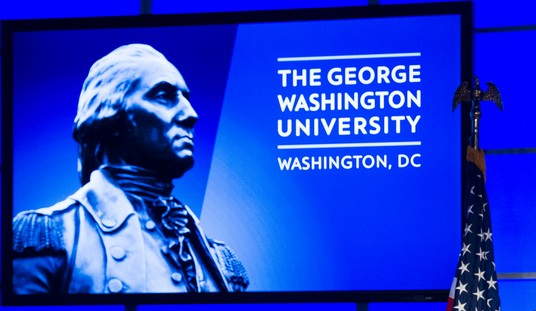WASHINGTON – While “violence” is unacceptable, legitimate use of force is sometimes necessary to maintain the rule of law, Spain’s Ambassador to the U.S. Pedro Morenés said Monday while discussing Catalonia’s push for independence.
Catalonia, which represents about 20 percent of the Spain’s economic output, held an independence referendum on Oct. 1. Catalan authorities claim that about 90 percent of voters supported secession, though turnout has been tallied at 43 percent. Spain’s Constitutional Court has ruled the independence referendum illegal, with Spanish President Mariano Rajoy Brey arguing that it violated the Spanish constitution.
Violence erupted at polling places on election day, as some 4,000 Spanish police officers clashed with voters while confiscating ballot boxes and blocking polling places. Spanish leaders like Morenés have questioned the legitimacy of the vote. Morenés, while speaking at the Hudson Institute today, said that use of force is necessary to maintain “law as the ruler of society.” He said that the images of violence from election day have distorted the truth in favor of separatists.
“The images have been really bad for Spain,” he said. “We are living in a world of images. These images don’t always reflect the reality. Images can be not used to express the truth but to express political understanding of the situation.”
He added later: “Violence — not acceptable. Legitimate force is necessary all over the world. And the third is, images should reflect the truth.”
Catalonia President Carles Puigdemont last week signed a declaration of independence for the region, but has paused implementation to allow two months of negotiation with the Spanish government. Madrid has threatened direct rule if Catalonia continues to pursue independence.
President Trump in September voiced the administration’s support for Spanish unity, which is in line with the attitudes of French President Emmanuel Macron and German Chancellor Angela Merkel. Trump during a press conference with Rajoy in September said if accurate polling had been done in Catalonia, the results would show that the region loves Spain. Both Macron and Merkel have stated an unwillingness to get involved in Spain’s internal affairs.
“I think Spain is a great country, and it should remain united,” Trump said, while adding that secession would be “foolish.”
Morenés said that Catalonia and the rest of Spain are the “same people” with the “same interests,” citing geographical, cultural and familial links. He noted that Catalonia has always been bitter over its union with Spain.
“Somebody will probably laugh here, but I understand that the solution of the problem in Catalonia is law and love,” he said. “That is the key. We are linked with a lot of familiar and business and interests and with Catalonian people.”
He said that the Spanish government will take all necessary steps to ensure that the rule of law is maintained, adding that every man from the head of the government to the last man on the police force will be subject to the law. Thousands of national police remain in the region.
Morenés was asked how the Spanish government plans to deal with about 2 million people who allegedly supported Catalonia seceding from Spain. The ambassador questioned that figure, claiming that many Catalan towns engaged in illegal polling activities that skewed the final count. He also said that the independence dispute between Catalonia and Spain transcends the region, claiming that it could have major economic implications for the European Union in general.








Join the conversation as a VIP Member